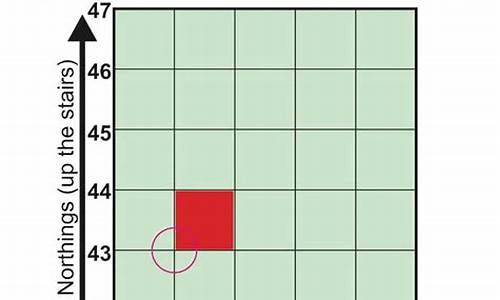How to Reduce Anxiety and Improve Physical and Mental Health
Anxiety is a common issue that many people face in their daily lives. It can affect both physical and mental well-being, leading to a range of symptoms such as stress, nervousness, and even physical discomfort. Fortunately, there are several methods that can help reduce anxiety and improve overall health. By incorporating a few simple strategies into your routine, you can significantly boost your mental and physical state, leading to a happier, healthier life. In this article, we will explore effective ways to manage anxiety and improve well-being.

Understanding Anxiety and Its Impact
Anxiety can manifest in many ways, from mild worry to severe panic attacks. It can be triggered by various factors, including work stress, personal life issues, or health concerns. Chronic anxiety, if left untreated, can lead to physical problems such as headaches, muscle tension, and sleep disturbances. Understanding how anxiety affects the body and mind is the first step in managing it effectively.
Exercise for Mental and Physical Health
Regular physical activity is one of the most effective ways to combat anxiety. Exercise helps release endorphins, which are chemicals in the brain that promote feelings of happiness and reduce stress. Activities such as walking, jogging, or yoga can help alleviate anxiety by improving circulation and promoting relaxation. Additionally, exercising regularly can improve sleep patterns, which in turn can reduce anxiety levels.



Mindfulness and Meditation Practices
Mindfulness and meditation are powerful tools for reducing anxiety. By focusing on the present moment and practicing deep breathing techniques, you can calm your mind and prevent negative thoughts from spiraling out of control. Meditation can be done for as little as 10 minutes a day, and over time, it can significantly improve mental clarity, reduce stress, and promote emotional well-being.
Healthy Diet and Hydration
Eating a balanced diet is essential for managing anxiety. Foods rich in vitamins and minerals, such as fruits, vegetables, and whole grains, can help stabilize mood and provide energy. Additionally, staying hydrated is crucial for maintaining optimal brain function. Avoiding excessive caffeine and sugar intake can also help reduce anxiety levels and improve overall health.
Building Strong Support Networks
Having a strong support network of family, friends, and loved ones can provide emotional comfort and stability. Talking to others about your feelings and concerns can help alleviate anxiety and provide new perspectives. Don’t hesitate to seek professional help if necessary, as therapy or counseling can offer valuable tools for managing anxiety effectively.
In conclusion, reducing anxiety and improving physical and mental health requires a holistic approach. By incorporating regular exercise, mindfulness practices, a healthy diet, and a supportive social network, you can manage anxiety effectively and improve your overall well-being. Taking small steps every day can lead to a healthier, more balanced life.
